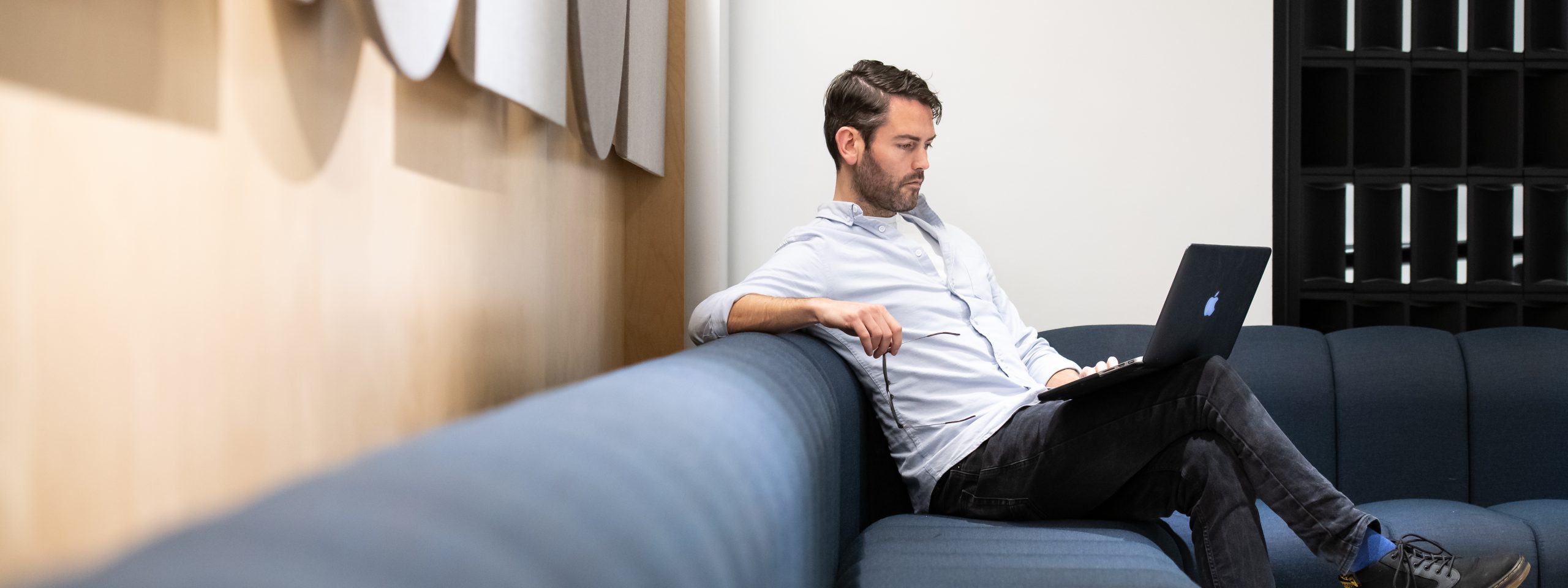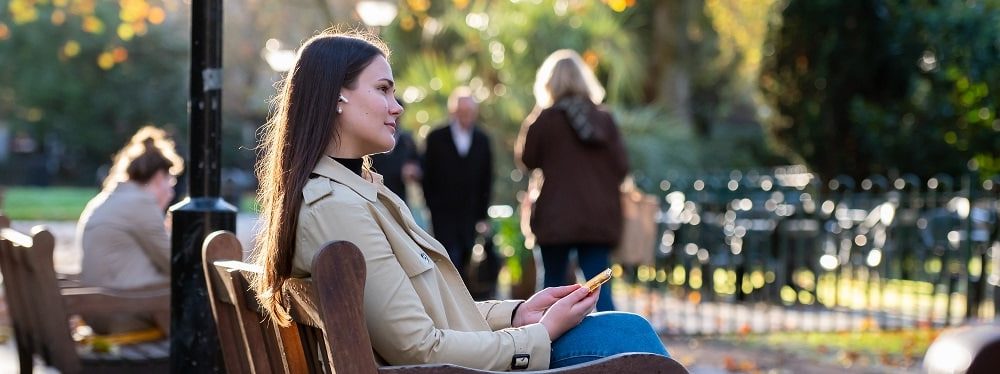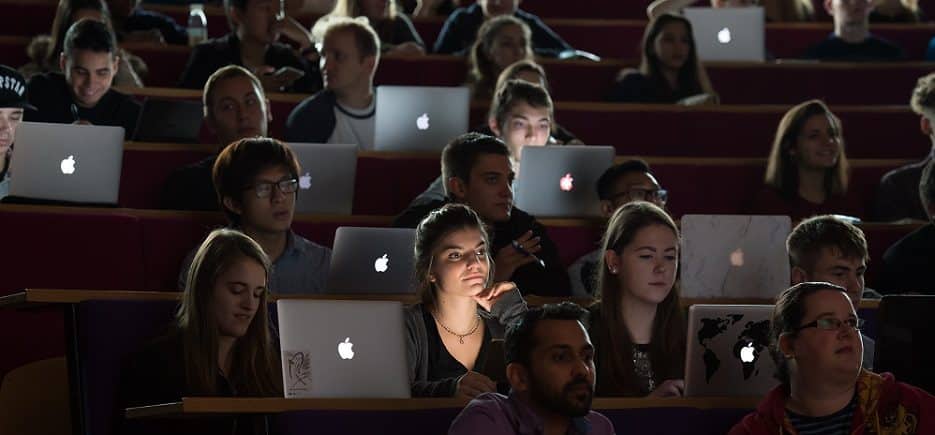
Study online with Sussex
The flexible way to earn a career-enhancing qualification.
The flexible way to earn a career-enhancing qualification.
Meet some of our inspiring online students and learn more about their distance learning experience, as well as the support they’ve received throughout their postgraduate studies.









Explore career opportunities in quantum technology. Learn what you need to know about emerging roles, skills and industry trends.
Learn more
Whether you’re looking to further your career in quantum research, commercialise new technologies, establish and lead a quantum technology division, or facilitate innovation in a government or policy role, our online Quantum Technology Applications and Management MSc will give you the skills and insights needed to reach your goals.
Learn more
Studying a postgraduate quantum technology course can be a rewarding experience. You can explore subject areas you’re passionate about in more depth, learn a range of new transferable skills, and collaborate and connect with like-minded peers and academics to build a global network.
Learn more
Looking to launch or progress your career in supply chain management? Our online Masters course has been designed by industry insiders to help develop the next generation of logistics leaders.
Learn more